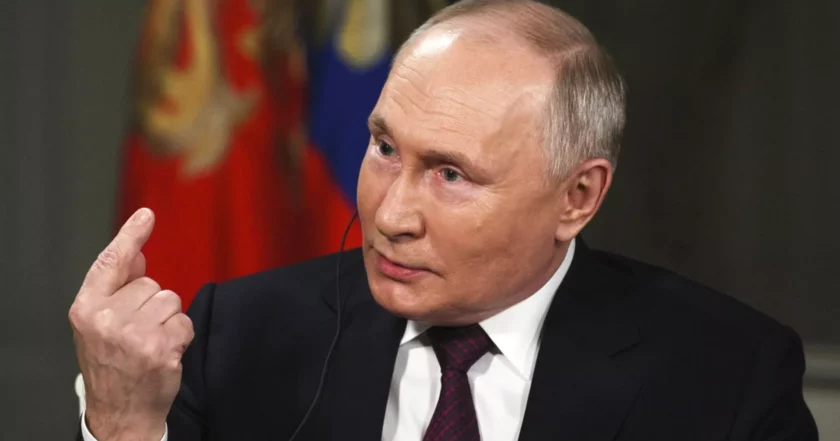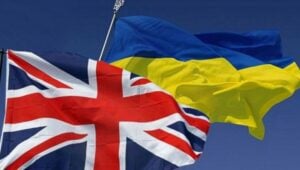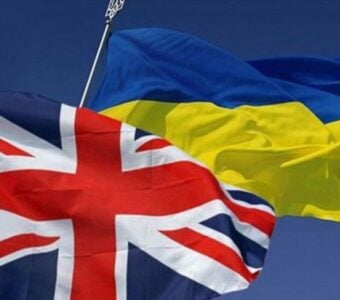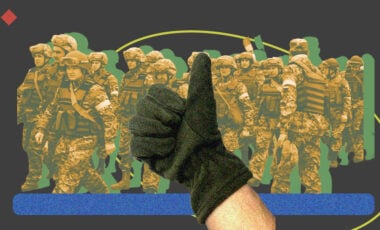Putin's claims of economic stability at odds with reality – ISW

Photo: Gavriil Grigorov / Sputnik
Russian leader Vladimir Putin has declared stable economic growth. However, Putin's claims of an economic breakthrough face serious challenges: experts point to a number of serious problems, such as inflation, falling savings, and labor shortages, that cast doubt on Putin's claims.
The Institute for the Study of War (ISW) reported that.
According to American analysts, during the investment forum of Russia's state bank VTB on December 4, the Russian leader stated that the country's economy is projected to grow by 4% by the end of 2024. Additionally, it has already grown by 4.1% since the beginning of the year. However, experts note that he also urged the Central Bank to address inflation, which can be seen as an indirect acknowledgment of certain economic challenges facing the country.
The head of the Central Bank of Russia, Elvira Nabiullina, said that the regulator may raise the key interest rate to 25% in December, trying to curb inflationary pressures. In October, the rate had already reached 21%, one of the highest in the world.
This threatens the well-being of the population.
"Russians' cash savings have fallen to a historical low, and cash rubles account for only 15 percent of Russian citizens' savings," analysts noted.
Putin emphasized that Russia's unemployment rate is at a record low of 2.3%. However, experts point out that this figure is distorted by mobilization. A large number of young men have been involved in military operations in Ukraine, which temporarily lowered official unemployment figures.
"Putin failed to note that unemployment rates are likely at a record low for youth as many young Russian men are fighting in Ukraine and that Russia is suffering significant labor shortages," the ISW emphasized.
Key takeaways:
- Mounting evidence continues to personally implicate Russian President Vladimir Putin and other senior Kremlin officials in the forced deportation and "re-education" of Ukrainian children in Russia.
- Russian President Vladimir Putin continues to posture Russian economic stability and growth. At the same time, high interest rates and efforts to combat inflation suggest that the Kremlin is worried about economic stability in the long term.
- Armenian Prime Minister Nikol Pashinyan announced on December 4 that Armenia has effectively reached "the point of no return" in its ties with the Russian-led Collective Security Treaty Organization (CSTO).
- Ukrainian forces recently regained lost positions in Toretsk and near Velyka Novosilka. Russian forces recently advanced in Chasiv Yar, near Toretsk, Pokrovsk, Vuhledar, Velyka Novosilka, and in the Kursk region.
- The Kremlin continues to use its "Time of Heroes" program to place veterans of the war in Ukraine in leadership positions within the Russian government and major state companies.
For reference:
According to British intelligence, the problems in the Russian economy will intensify in 2025 due to the increase in military spending and the effects of sanctions.
Earlier, British intelligence noted that the Kremlin is probably putting pressure on the Russian Federation's budget; it has classified a significant part of its military spending.
Furthermore, British intelligence also believes that Russia is becoming more like the USSR, as they aim to compel people to work for free for the war effort.

War threatens to overheat Russian economy – British intelligence

Zelenskyy discussed sanctions against Russia and protection of nuclear power plants with European Council President















































